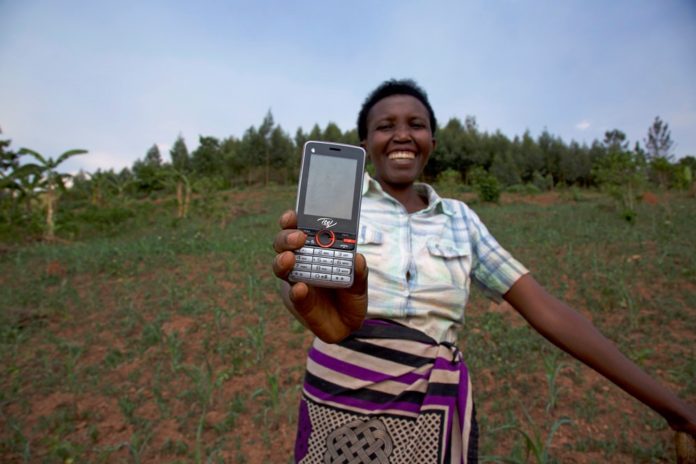
The UN International Fund for Agricultural Development (IFAD) and the European Union (EU) have joined forces to introduce two groundbreaking initiatives in Kenya, aimed at promoting rural development through enhanced digital remittance flows. These initiatives, supported by EU funding under the PRIME Africa initiative, seek to make remittance transactions faster, safer, and more affordable. By reducing transaction costs and fostering financial inclusion in rural areas, the collaboration aims to empower rural communities and stimulate economic growth, with a particular focus on working closely with Savings and Credit Cooperative Organizations (SACCOs).
IFAD has allocated grants to two leading financial institutions in Kenya’s remittance ecosystem: Credit Bank and Financial Sector Deepening Kenya (FSD Kenya). These grants complement the ongoing regional project carried out in collaboration with MFS Africa. The objective is to leverage partnerships between SACCOs, fintech companies, and banks to improve financial inclusion and facilitate cheaper remittances, aligning with the sustainable development goals (SDGs) commitment of the EU.
Remittances sent by migrant workers are a crucial lifeline for millions of families in low and middle-income countries, including Kenya. In Kenya, where vulnerabilities such as climate-related crises and economic downturns exist, remittances serve as a stable source of income and a means of resilience for households. According to recent data from Kenya’s Central Bank, the country is the third-largest recipient of remittances in sub-Saharan Africa. In 2022, international remittance flows to Kenya reached a record-breaking US$4.02 billion, equivalent to 3 percent of the nation’s GDP.
However, the impact of remittances on rural areas in Kenya is hindered by various challenges, including high remittance costs, limited financial inclusion and digitalization, inadequate data availability, and a scarcity of SACCOs engaged in remittance services. To overcome these barriers, Credit Bank plans to onboard rural SACCOs as sub-agents, enabling their members to access international remittances. Moreover, a tailored financial literacy curriculum will empower rural residents by equipping them with knowledge about budgeting, financial tools, payments, remittances, and savings. Unbanked remittance recipients will have the opportunity to open entry-level accounts with Credit Bank, facilitating easy savings.
FSD Kenya, in collaboration with the Savings and Credit Cooperative Societies Regulatory Authority (SASRA), will conduct extensive research to assess the capabilities of SACCOs in catering to rural remittance users. The findings from this research will inform public policies and identify innovative models that allow SACCOs, along with their financial partners such as banks and fintech companies, to facilitate greater access to digital remittances for rural SACCO members. These efforts align with the objectives outlined in the Sustainable Development Goals, specifically Goal 10c, which aims to achieve remittance fees of no more than 3 percent by 2030, as well as the goals established by the Global Compact on Migration (Objectives 19 and 20).
Through this new IFAD initiative with EU funding, rural development in Kenya is set to receive a significant boost. By leveraging the power of digital remittances and promoting financial inclusion, these initiatives have the potential to uplift rural communities, enhance economic opportunities, and contribute to the achievement of sustainable development goals in Kenya’s rural areas.
Stay updated with the latest farming tips and agriculture industry news from Africa by subscribing to our newsletter. Don’t miss out on valuable insights and updates. Follow us on Twitter, LinkedIn, and Facebook to join our farming community and stay connected with us.


















